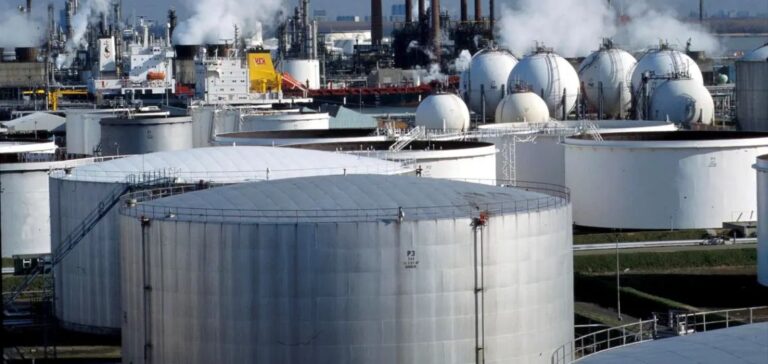U.S. oil stocks showed a larger-than-expected increase last week, according to a report published by the U.S. Energy Information Administration (EIA). For the week ending February 7, reserves rose by 4.1 million barrels, reaching a total of 427.9 million barrels. This increase significantly outpaced analysts’ predictions, which had expected a more modest rise of approximately 2.3 million barrels, based on a consensus from Bloomberg. It marks the highest level of oil stocks in the U.S. since November.
Increase in Cushing Reserves
The largest increase was observed at the main delivery terminal for West Texas Intermediate (WTI) crude oil, located in Cushing, Oklahoma. There, stocks rose by over 4%, reaching 21.8 million barrels. This increase was partly due to a reduction in activity at U.S. refineries, which operated at 85% of their capacity last week, a slight increase from the previous week. The period between the end of January and the end of February is traditionally marked by refinery maintenance, temporarily reducing their production capacities.
Impact on Crude Production and Exports
Crude production in the U.S. remained virtually stable, standing at 13.49 million barrels per day, up from 13.48 million barrels the previous week. In contrast, crude exports fell by 10.8% week-on-week, while imports dropped by 8.8%. This combination of factors contributed to the increase in stocks.
Decrease in Gasoline Stocks and Oil Price Decline
Gasoline stocks experienced their first decrease since early November, with a drop of 3.0 million barrels, bringing the total to 248.1 million barrels. This reduction comes as gasoline demand remains strong despite the decrease in refinery activity.
Following the release of this data, oil prices continued to decline. As of 16:35 GMT, the price of WTI crude oil for March delivery fell by 1.53%, settling at $72.21 per barrel. The price of Brent crude oil for April delivery decreased by 1.36%, reaching $75.95 per barrel.






















